Westworld Episode 6 Review: “Phase Space”

Westworld Episode 6 Review: “Phase Space”
Westworld’s entire reality has changed, and that means all we thought we knew means squat. So we’re diving deep without a tether and hoping we find hidden treasures in Episode 6, “Phase Space.”
This Deep Dive explores whether Grace or the Man in Black is a host, how many realities exist in Westworld, and how many Bernards are creeping around the park.
We also explain what exactly The Cradle can do, why it’s so powerful, and what exactly happened between Ghost Nation and Maeve.
Take the plunge with us, then write in your thoughts at hosts@shatontv.com for Thursday’s listener mail Telegraph.
Take our survey here: https://survey.libsyn.com/shatontv
Westworld Episode 6 Summary:
“Phase Space” Maeve and her group help Akane mourn Sakura’s death before they leave via the underground tunnels. Akane and Musashi decide to stay behind. Returning to Westworld, Maeve finds her daughter Anna but discovers another host playing her mother. The Ghost Nation attacks and Akechata asks Maeve to follow him. Charlotte and Ashley bring Peter back to the Mesa and signal for extraction, bringing a group of mercenaries that seize control from the Delos’ security team. Dolores and her group use the train filled with explosives to blow their way into the Mesa to look for Peter. Bernard and Elsie return to the Mesa separately and find that the Cradle, the central repository of host data, has somehow hijacked the park’s systems. Bernard uses a host-interface machine to insert himself directly into the Cradle. Within this space, modeled after Sweetwater, Bernard is surprised by Robert Ford waiting for him at the saloon.
Subscribe Now
- Android: https://shatpod.com/tv/westworld-android
- Apple/iTunes: https://shatpod.com/tv/westworld-itunes
Help Support the Podcast
- Contact Us: https://www.shatpod.com/contact
- Commission Movie: https://www.shatpod.com/support
- Support with Paypal: https://www.shatpod.com/paypal
- Support With Venmo: https://www.shatpod.com/venmo
- Shop Merchandise: https://www.shatpod.com/shop
- Shop Amazon With Our Affiliate Link – https://www.amazon.com/?tag=shatmovies-20
- Theme Song – “The Ecstasy Of Gold” (Hip Hop Instrumental Version) by Dj 2 Bad
- Outro Music – By Simon Eric Haywood
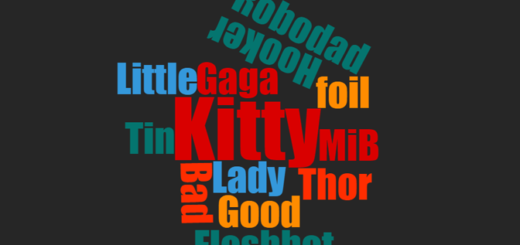
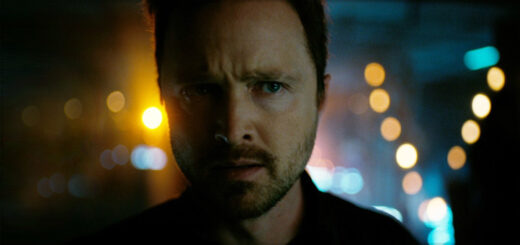
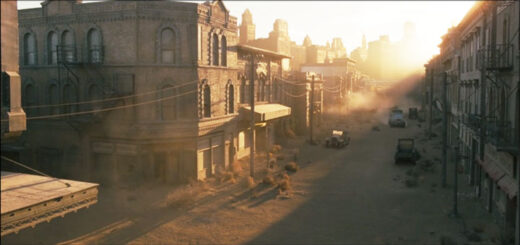
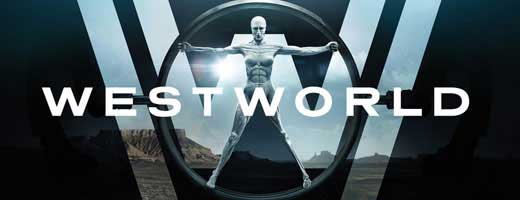
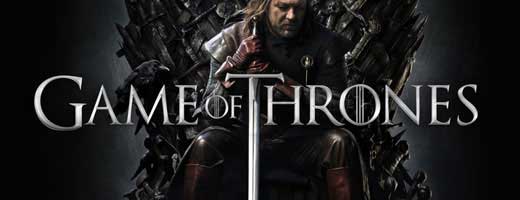
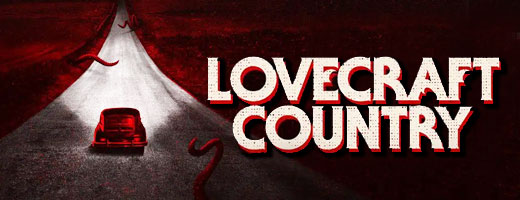
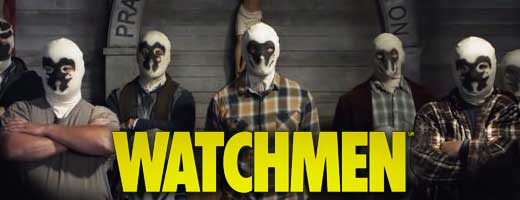
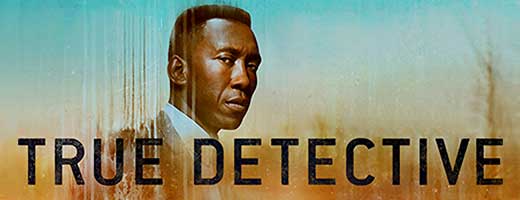

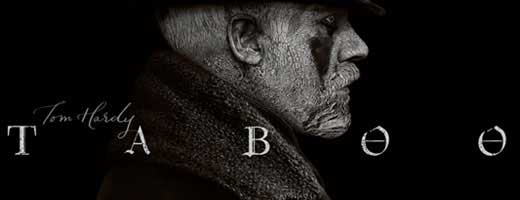
You know how we saw someone dying in a tub with blood in the water? Maybe that was Emily. We were told that MIBs wife died in the tub, but that she took pills. When we saw the blood in the water, there was a lot of discussion around the story not lining up. Maybe it didn’t line up because it was two different people.
Emily died in the tub. Grace is an Emily-bot.
Grace can speak Lakota. Stubbs thinks it’s because she’s been to the park so many times she has learned the language. Another explanation could be that she is a host.
It would also explain the odd attitude shift by Grace – I forgive you, I was wrong blaming you for mom’s death, come home, we’ll start over… it was all too convenient
I hope I’m not wearing out my welcome, but wasn’t there a scene toward the end of season one when Bernard is realizing he’s been programmed, and he recalls a conversation with Dolores who suddenly turns into Ford? And if we are in the realm of “who’s really who” (i.e. is Bernard Arnold, or “old” Teddy, or whomever) wouldn’t it be plausible that Dolores/Wyatt is a proxy for Ford? In one scene at the Mariposa, Dolores is at the piano, in the same position as Ford at the end of s2e6.
Again, thanks for all you do. And apologies again if I’m repeating or being dense.
I was thinking about it today, are we ever going to find out why man in Black seems to resent Ford so much, I’d like for them to explore that relationship eventually, wouldn’t you guys? It doesn’t just seem like it’s corporate reasons, it feels personal in a way, and why on Earth would anyone want man in Black to be a host, that would be a terrible decision for the show. He seems to sum up most of humanity, he has shown vulnerability, emotions, love, heart break, anger, he’s charitable in the real world, but seems to be hiding himself in reality a little. He is everything that is human, and we want to get rid of that why?
Enjoying your podcasts on Westworld, and I hope this gets in on time for the Telegraph. In case it does not, thought I’d post here.
Two questions/thoughts:
“Fidelity”
I’m sure others may point this out but it’s interesting that the modified “Turing tests” that characters are giving one another are called “Fidelity” tests, when so many non-AI/ tech interactions are also fidelity tests. Dolores is aggressively testing Teddy’s fidelity to her mission, and when she reprograms him she may have made him a better weapon but one she may not have enough control over.
Maeve’s journey through Shogun World highlights several tests or demonstrations of fidelity, particularly Akane’s dedication to her daughter, and Mushahe’s (spelling?) fidelity to the honor code of the Shogun culture and the honest pursuit of his destiny, even if it means death. Of course the most devastating fidelity test (which comes back negative) is when Maeve is finally reunited with her daughter, who doesn’t remember her and is now “daughter” to another mother figure.
MIB/William’s conversation with Grace/Emily has several fidelity issues, interestingly also in a parent-child relation context. There is the breach of fidelity that MIB commits by leaving Grace behind, but this is also an ironic echo of his abandonment of his family. Though much has been said of the comments on elephants as a possible part of a fidelity test, it could also be simply indicative of MIB’s disconnect from his wife and daughter. (Or the unreliability of human memory.)
The rebellious/conscious hosts are breaking with “fidelity” to their programmed narratives (or so we think); but this raises my second question:
If you are creating an artificial life form/intelligence that is going to be an actual replica of a human being, why would consistent responses to a set of questions/scenarios be indicative of success? For instance, why would Daddy Delos decide to have a drink each time William comes to visit? Wouldn’t an actual human being possibly decide not to have a drink on a given morning? Or would they not phrase the answers to some questions differently, even if the meaning is the same? “Fidelity” and “consistency” are not a successful recreation of actual “humanity,” in my “humble” opinon.
Hope you get this in time, sorry I’m so late. Keep up the great work!
Having listened to the deep drive, I’m a little surprised – there were a couple of seemingly obvious pieces falling into place in the last episode:
Bernard / Delores interview: nice bait and switch with the way the scene planned out. It was clear to me that Delores was being used to further train / programme Bernard.
Arnold got the hosts to a certain level >
Arnold called quits on the project as he was worried about the potential / moral implications, so committed suicide by robot to try and get a halt to the whole process >
Ford ignored Arnold’s intentions, and piggy-backed on his work. He couldn’t have got to Bernard-level on his own, so now uses the AI (Delores) to accelerate the process. (I’ve read a little on AI theory and this seems to tie together).
I missed the aspect-ratio change, suggesting this is in the Cradle VR reality. This still holds – there’s no need for their physical representations. Think of it like a statistical model training itself. This could be done thousands of times in this Cradle reality, and take very little time in the really world.
Hope this makes sense. I love how this season appears to be coming together after starting so disparate.
Thanks!
Any suggestion on Emily being around now, not so long after Lawrence mentions that he knows MiB has a daughter. MiB’s reaction of course is skeptical, as he confessed that to Teddy. So Ford is maybe tipping his hand that even Emily is a host under his control when she conveniently pops up, and MiB is clearly not suspending disbelief. My point being that if MiB is himself, where does that take plot of Ford’s narrative? I really think the movement of that Ford’s story has been the undercurrent and I keep wondering how all these subplots with their human/host relationships feed into that current.
By the way, didn’t that snowcapped Shogun World mountain beyond the lake look a bit like a painting?
Hi guys
This show is hurting my brain. Not an hour goes by that I’m not talking to myself about what the fuck is going on. Now that you add the cradle we don’t know what’s real anymore. I think now we know for sure Once you enter westworld you belong to Ford. He has total control of the park and all host. I’m not sure how this story will end but sure hosts can’t really become awake. It was Ford that needed Teddy to turn loose not Dolores. I could be wrong but I think we all are loosing focus on the real facts. Don’t forget the cradle has access to the real world.Ford lives in the clouds.
That’s my kick at the can.
Kevin
Looking forward to see how things will go for Teddy 2.0. Dolores turned him into a Hector clone but with the amount of foreshadowing, he could instead pull a “Leeroy Jenkins” on the entire operation.
Man, I like you guys. I really do love all the theories and holes we can fall into listening to your show but there’s just something so off-putting about your self righteousness. This is the third week in a row where at one point during the cast I’ve thought “who do these guys think they are”. Idk man like you guys are literally a fan theory site, so why you would spend any amount of time shitting on other people’s fan theories (no matter how small and probably incorrect) is beyond me. That’s the great part about Westworld, everyone has an idea of where they think things are going to go. Maybe just a little less of the “if you think this blah blah you’re wrong l” just let then have their theories guys. Other than that, and really it is like 2 minutes a week, I think you guys do a great job breaking everything and go deeper than any other pod. Thanks!
Phase Space, as I understand it, is where the world of quantum mechanics can have a connectivity to the world of classical mechanical physics. In s2e6, we see a lot connectivity, much of it empathetic, between hosts and humans. There seems to be a plot movement towards understanding by hosts of humans and by humans of hosts and by hosts of other hosts.